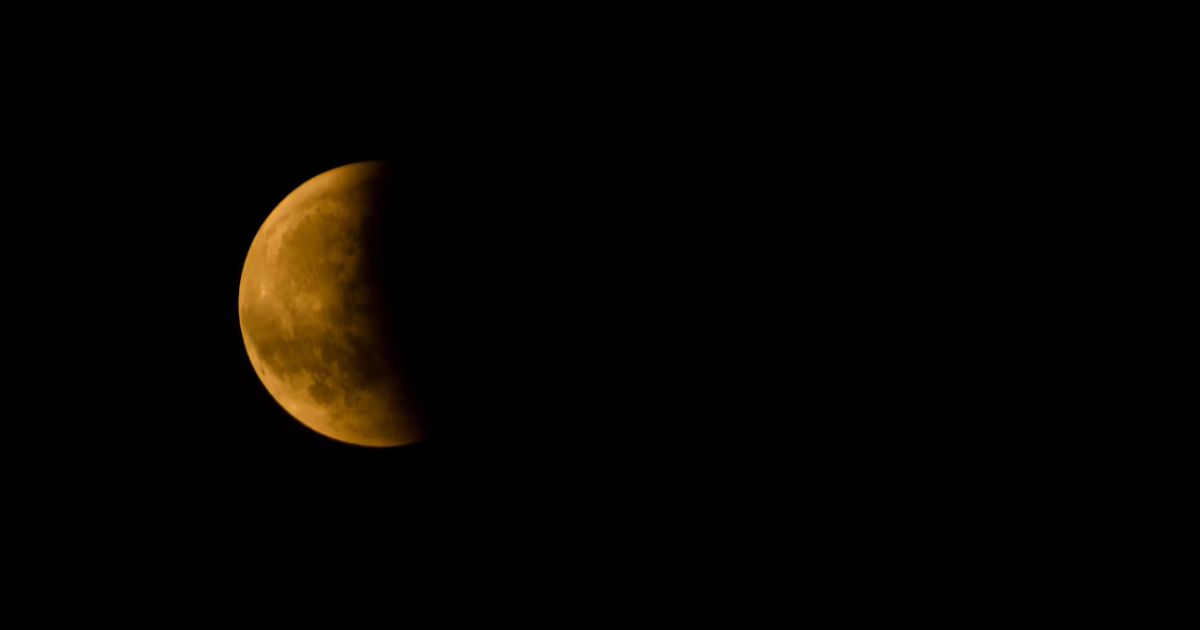
If you missed the last solar eclipse, don’t worry, nature has more celestial spectacles in store.
NASA published a calendar with the next astronomical events that you can enjoy soon.
What are solar and lunar eclipses?
Eclipses occur when the Earth, Moon and Sun align in a special way. During a solar eclipse, the Moon comes between the Earth and the Sun, partially or totally obscuring the star.
On the other hand, in a eclipse lunar, The Earth comes between the Sun and the Moon, casting a shadow on the lunar surface.
Calendar of upcoming solar eclipses
In case you didn’t know, This year there will be an annular solar eclipse and Colombia would be one of the countries that will be able to see it.
The astronomical event, according to NASA, can be seen in South America, Antarctica, the Pacific Ocean, among others.
Solar eclipses
- October 2, 2024: annular solar eclipse visible in South America, with an eclipse visible partial in this area, Antarctica, the Pacific Ocean, the Atlantic Ocean and North America.
- March 29, 2025: Partial solar eclipse visible in Europe, Asia, Africa, North and South America, Atlantic Ocean and Arctic Ocean.
- September 21, 2025: Partial solar eclipse visible in Australia, Antarctica, Pacific Ocean and Atlantic Ocean.
- February 17, 2026: annular solar eclipse visible in Antarctica, with a partial eclipse visible in that area, Africa, South America, the Pacific Ocean, the Atlantic Ocean and the Indian Ocean.
- August 12, 2026: Total solar eclipse visible in Greenland, Iceland, Spain, Russia and a small area of Portugal, with a partial type visible in Europe, Africa, North America, the Atlantic Ocean, the Arctic Ocean and the Pacific Ocean.
Eclipses lunares
- March 25, 2024: penumbral lunar eclipse visible in the Americas.
- September 18, 2024: Partial lunar eclipse visible in America, Europe and Africa.
- March 14, 2025: Total lunar eclipse visible in the Pacific, Americas, Western Europe and West Africa.
Preparation to observe these events
For both types of eclipses, it is important to prepare properly. In the case of solar, Specialized protective glasses should be used to prevent eye damage.
For moles, A dark, clear location will provide the best view to capture the event.
Source: https://www.noticiascaracol.com/mundo/se-perdio-el-eclipse-solar-no-se-preocupe-este-ano-habra-otro-y-se-veria-en-colombia-so35


